DNV’s energy predictions for the future
The recently released Energy Transition Outlook (ETO) by the Classification Society sheds light on the future energy transition away from fossil fuels…
The annual Energy Transition Outlook (ETO), now in its 7th edition, presents results from their independent model of the world’s energy system. It spans up to 2050 and forecasts the energy transition both globally and across 10 world regions. Accompanying this is a maritime-specific document released last month detailing DNV’s predictions in similar terms. Despite its broad scope, this Energy Transition Outlook can offer insights relevant to our niche industry. Although the paper suggests the transition is still in its nascent stages, it outlines how the momentum might build.
A pivotal point the paper emphasises is the energy trilemma, which encompasses the challenge of balancing energy security, equity (making it accessible and affordable), and environmental sustainability. With the Paris Agreement's signing and the swift evolution of renewable energy, emission reduction has been the focal point. Yet, due to the shifting geopolitical arena and rising tensions in certain energy-rich regions, energy security is garnering more attention.
The paper suggests a shared solution to the trilemma: bolstering national renewable energy production to diminish dependence on energy imports and achieve a sustainable energy supply. From 2025 onwards, nearly all new capacity additions will be non-fossil.
This domestic progression will yield dual benefits for the maritime industry. It foretells a broader infrastructure and supply of these alternative fuels, which the industry can tap into, thereby lowering some adoption barriers. Moreover, a greener energy source will naturally lead to fuels like hydrogen, ammonia, and methanol, whose optimal environmental impact hinges on green electricity.
The ETO also delves into the energy solutions for maritime transitions. While highlighting maritime transport as the most energy-efficient mode in terms of energy per tonne-kilometre, the paper underscores the maritime industry's myriad decarbonisation strategies, like fleet and ship optimization, wind-assisted propulsion, on-board CCS, energy efficiency boosts, and a significant shift to low and zero-carbon fuels like gas and ammonia. However, it acknowledges that electrification, while promising in other sectors, faces limitations in maritime transport due to battery energy density constraints. DNV’s Maritime Forecast to 2050 provides further insights into these maritime transition specifics.
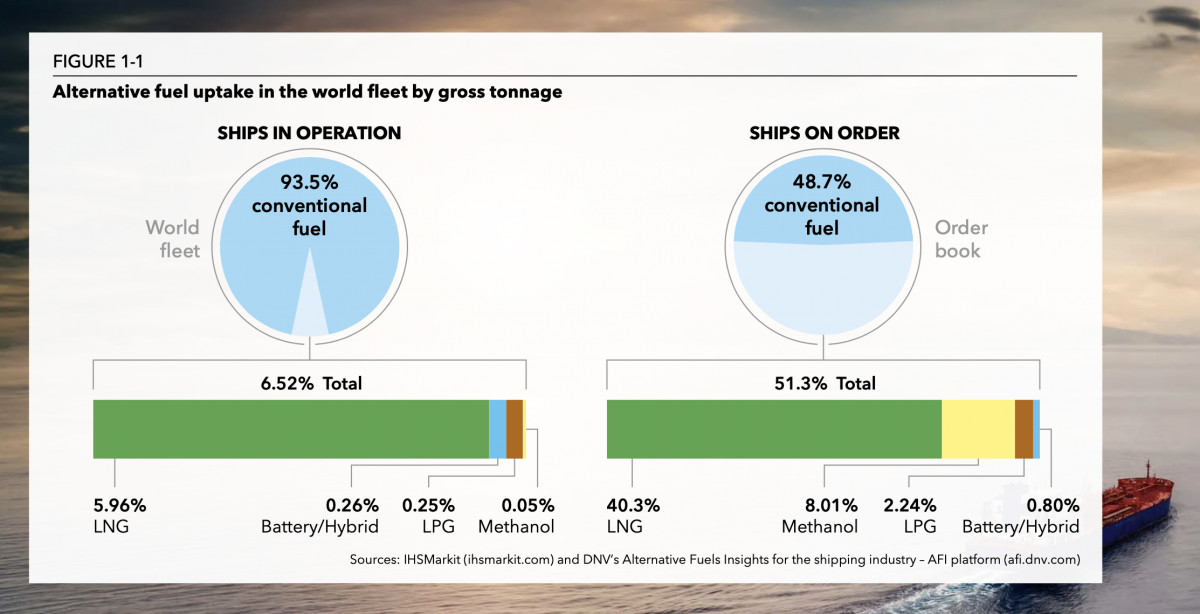
Though the documents predominantly discuss larger commercial vessels, the predicted trends will influence our industry. These forecasts indicate potential industry trends and can guide decision-making as we navigate our own transition. One of the starkest forecast graphs is the fleet orders by energy and propulsion type across the commercial marine industry, as seen above.
The paper also evaluates emission forecasts across various sectors, commenting, “The pace of the transition is far from fast enough for a net-zero energy system by 2050.” Achieving this would necessitate halving global emissions—a goal unlikely to be realised even by 2050, making the 1.5°C global warming limit seemingly unattainable. Carbon capture's potential is also dissected, but predictions here too are sombre, with a mere 6% of residual emissions expected to be captured by 2050. Thus, relying solely on carbon capture to attain net zero appears improbable.
This comprehensive overview of the impending energy transition offers numerous insights into how global changes might influence the superyacht industry. The transition's current pace is sluggish, pointing to continued emission growth and its repercussions. However, there's optimism that progress may accelerate in various sectors soon.
Key takeaways reveal that the maritime industry's energy transition methods will remain diverse. These assorted efforts will gain from the uptick in renewable energy sources, which will enhance shore power sustainability and the production of greener fuels set to become more prevalent in the industry. Both the Energy Transition and Maritime Forecast can be requested for download via DNV.
NEW: Sign up for SuperyachtNewsweek!
Get the latest weekly news, in-depth reports, intelligence, and strategic insights, delivered directly from The Superyacht Group's editors and market analysts.
Stay at the forefront of the superyacht industry with SuperyachtNewsweek
Click here to become part of The Superyacht Group community, and join us in our mission to make this industry accessible to all, and prosperous for the long-term. We are offering access to the superyacht industry’s most comprehensive and longstanding archive of business-critical information, as well as a comprehensive, real-time superyacht fleet database, for just £10 per month, because we are One Industry with One Mission. Sign up here.
Related news
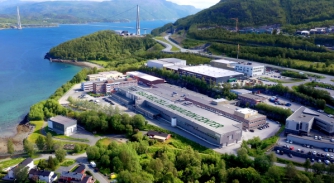
TECO 2030 develops hydrogen fuel cell technology
The Norwegian firm has built a compact hydrogen fuel cell system that allows yacht hotel loads and batteries to become emission-free
Crew
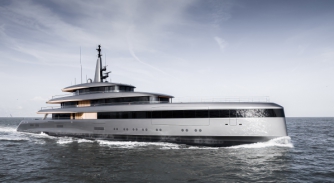
Feadship delivers 84m Obsidian
The Dutch shipbuilder claims its latest renewable diesel-powered delivery brings it one step closer to building completely carbon-neutral yachts by 2030
Fleet

Peninsula to supply biofuel in Gibraltar
Chris Warde details how greater transparency within the biofuel supply chains will help decarbonise yachting in the Med
Crew
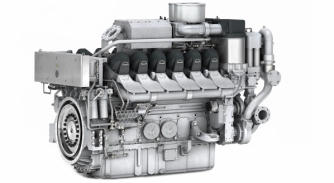
MAN 175D is HVO ready
MAN Energy Solutions has announced that its MAN 175D engine is formally approved for operation on biofuels, effective immediately
Technology
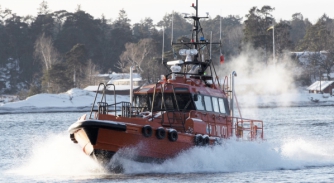
Joint investment in methanol conversion kit
Designed initially for use on diesel engines up to 1000kw, it shows scalability and promise for fossil-free solutions in the marine industry
Technology
Related news
TECO 2030 develops hydrogen fuel cell technology
2 years ago
Feadship delivers 84m Obsidian
2 years ago
Peninsula to supply biofuel in Gibraltar
2 years ago
MAN 175D is HVO ready
2 years ago
Joint investment in methanol conversion kit
2 years ago
NEW: Sign up for
SuperyachtNewsweek!
Get the latest weekly news, in-depth reports, intelligence, and strategic insights, delivered directly from The Superyacht Group's editors and market analysts.
Stay at the forefront of the superyacht industry with SuperyachtNewsweek



